There was a strong sense of deja vu on Tuesday evening in Agadir, as Nigeria coach Salisu Yusuf oversaw a 3-1 victory for the home-based Super Eagles against Equatorial Guinea at the African Nations Championship.
It was a win that took Nigeria into the CHAN quarter-finals as Group C winners, and they progress alongside Libya, who beat Rwanda at the death in the other group game to advance.
Dayo Ojo—introduced to the side as the one change Yusuf made to his starting XI—won the Man of the Match award after replacing veteran Rabiu Ali.
The latter has been one of the disappointments of this tournament to date.
The 37-year-old Ali is the oldest and one of the most experienced campaigners at this competition, and having won a host of NPFL titles with Kano Pillars, he was expected to have a key role as the West African giants reached the latter stages.
Things haven’t quite gone to plan for Ali so far, however, with the midfielder struggling to exhibit his array of talents during Nigeria’s first two fixtures.
In the first match—the goalless stalemate with Rwanda—he cut a frustrated figure, lashing one effort against the woodwork, sending a header over the bar and firing wide with the goal apparently at his mercy.
Often pushed into an advanced role as a No. 10, operating just behind Anthony Okpotu, it was natural that he was going to shoulder some of the blame for the Eagles’ two opening sub-par performances.
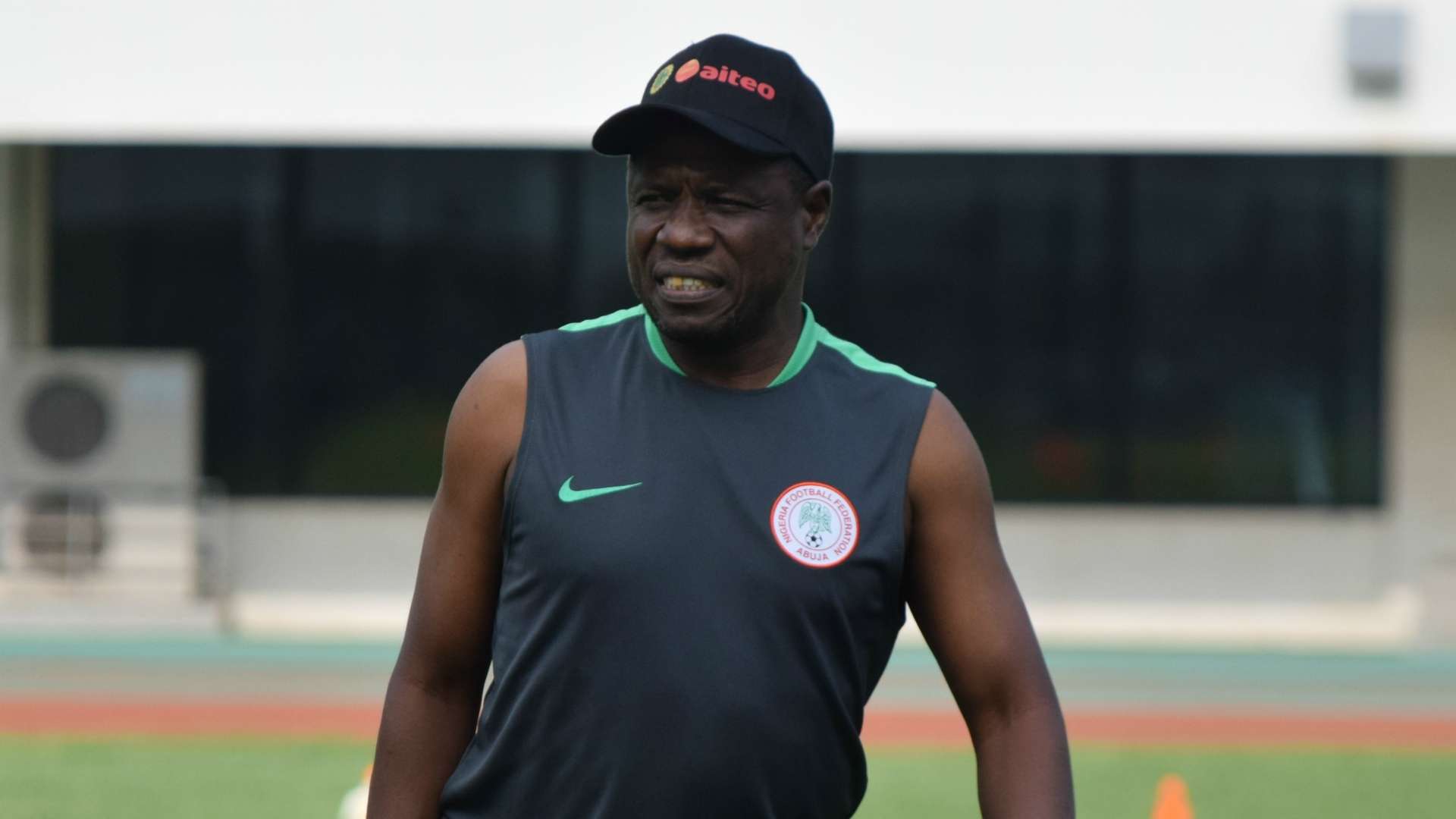 Tolu Olasoji
Tolu Olasoji
Too often, Africa’s national teams at major tournaments struggle to build a coherent attacking approach based upon a creative central midfielder who can put his foot on the ball and construct cohesive offensive plays.
It’s a great shame that Abdelilah Hafidi of Morocco was withdrawn early in the second game after picking up a knock, as he had demonstrated in the Atlas Lions’ opener the value of a creative and innovative playmaker.
Ali perhaps cannot summon the boundless inspiration that underpinned Hafidi’s glowing showing in the tournament curtain jerker, and he arguably isn’t the ideal man to burden the creative responsibility for the Super Eagles.
Rather, he excels when arriving late in the box and his finishing from distance—even though he didn’t show it against Rwanda.
With Nigeria struggling to impose themselves—at least not effectively enough—in their opening two matches, Ali was hooked for the third fixture against Equatorial Guinea.
Yusuf, generously perhaps, told journalists after the game that Ali had picked up a knock, but despite this, he still opted to bring on the veteran in the 62nd minute to ‘stabilise the midfield’.
Ali also managed to slam home a third from the penalty spot, the thumping power of his finish perhaps betraying his frustration at being dropped from the starting XI for this final group game.
After the match, the coach stated that he believed Ojo had done enough to start the quarter final, and with Emeka Atuloma playing a key role in front of the defence, and Ifeanyi Ifeanyi sound as the link man, don’t be surprised if Ali again watches on from the sidelines in the Eagles’ first knockout game.
It would certainly be a bold move by Yusuf.
It’s one thing to ‘rest’ Rabiu for the meeting with an underwhelming Equatoguinean side where only a defeat, a Libyan triumph and goal difference could see them eliminated, but another altogether to leave the experienced head out for the quarter.
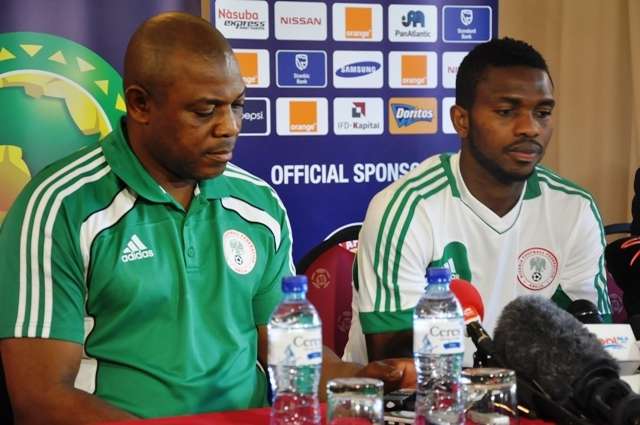 Lolade Adewuyi
Lolade Adewuyi
The scenario was foreshadowed back in 2013, during Nigeria’s triumphant Africa Cup of Nations campaign, when Stephen Keshi, who would have celebrated his 56th birthday on Tuesday, took the brave move to jettison Joseph Yobo from his starting XI.
The centre-back began the tournament as Nigeria captain, but after originally picking up a knock in the Eagles’ opener against Burkina Faso, he was resigned to the substitutes’ bench as the Big Boss opted for an inexperienced but effective defensive pairing of Kenneth Omeruo and Godfrey Oboabona.
It was a daring reshuffle; imagine the reaction back home if, for example, Omeruo and Oboabona had been exposed against the Ivorians in their quarter final.
Ultimately, however, Keshi was vindicated for his decision to plump for the youngsters and leave his most experienced player on the sidelines.
To Yobo’s credit—and not dissimilar to Ali’s impact against Equatorial Guinea—the former Everton played a key role as a substitute during the Eagles’ run to the title, being introduced to the side from the bench late in games in order to stabilise the team and help Nigeria see out contests.
If Yusuf does opt to reduce Ali to a backup role from here on in, then there’s a recent and pertinent precedent in Nigerian football upon which he can draw.
Keshi’s handling and utilisation of Yobo back in 2013 was one of the key subplots in Nigeria’s memorable triumph, could Yusuf and Ali repeat the trick five years on?
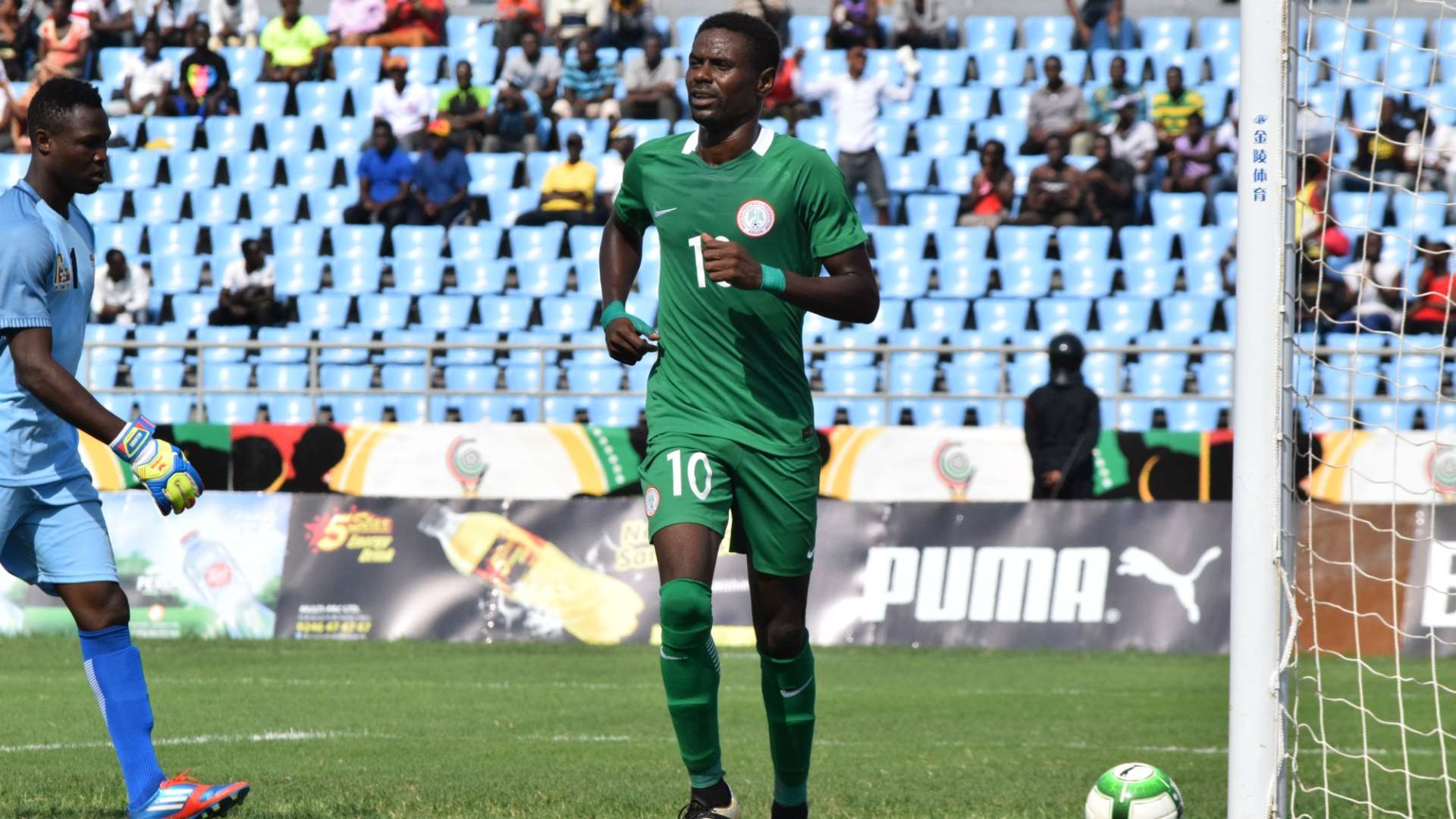

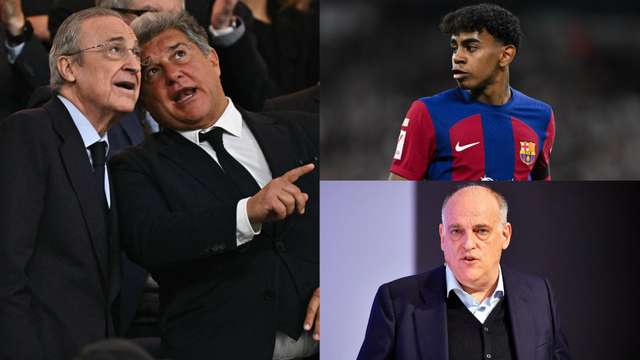
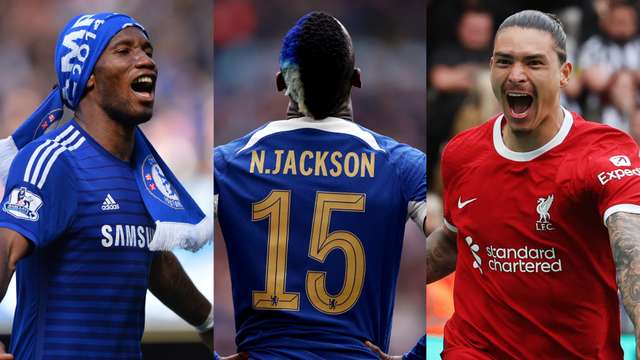
.jpg?auto=webp&format=pjpg&width=640&quality=60)